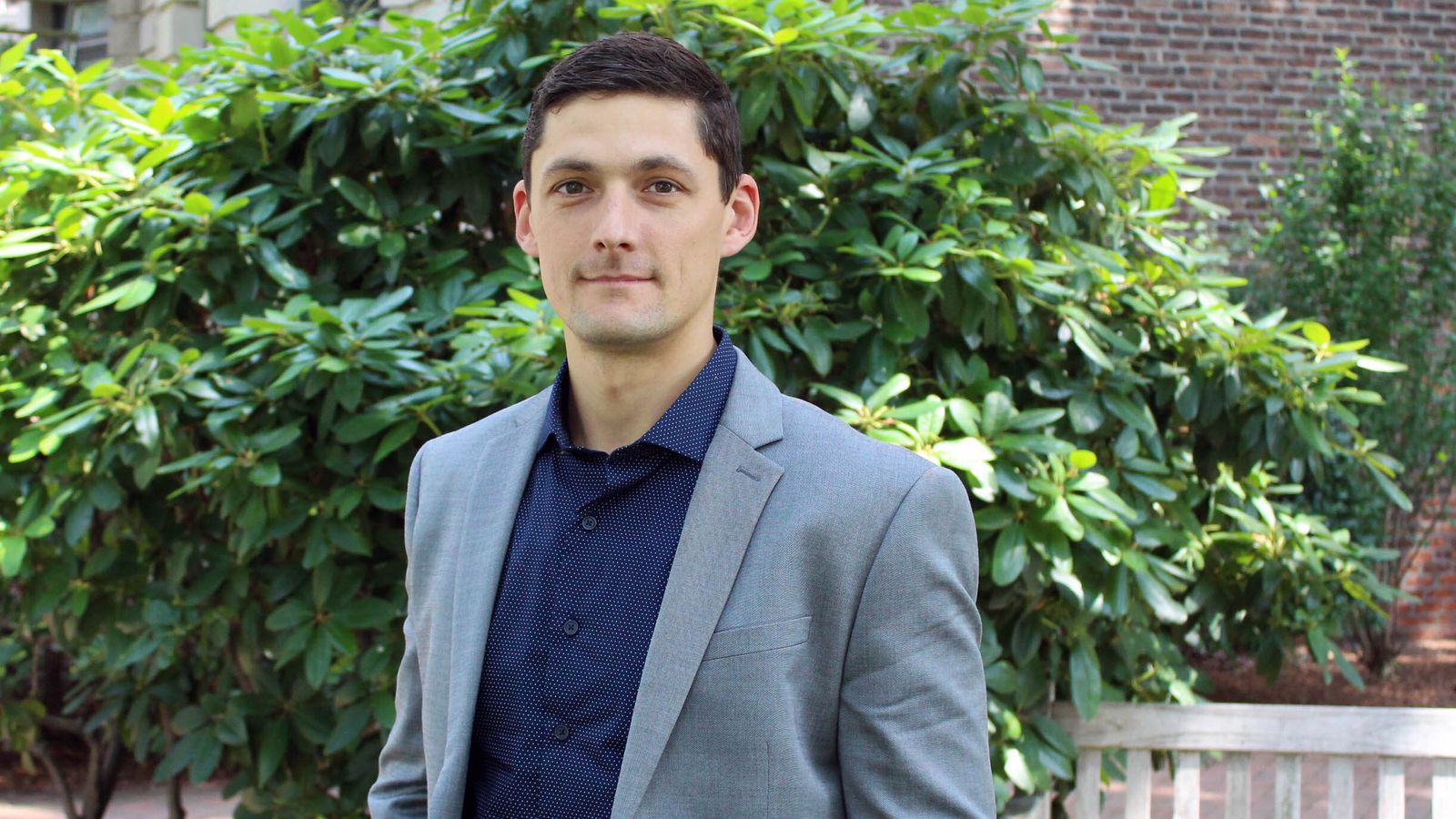The Basis: Prof. Treitler Shares Expertise on the Impact of Peer Support in Treating Substance Use Disorders

In an article for Cambridge Health Alliance’s online journal “The Basis,” Prof. Peter Treitler from BU School of Social Work emphasizes the crucial role of social support in treating substance use disorders. Drawing from personal experience and research, Treitler highlights the effectiveness of Peer Recovery Support Specialists (PRSS) in non-traditional settings like hospitals and correctional facilities. These programs have improved treatment participation and have reduced repeat overdoses by providing mentorship, emotional support, and assistance in rebuilding social connections, although barriers to access these programs and support for maintaining them remain.
Excerpt from “Strengthening Recovery Through Social Support: The Impact of Peer Recovery Services” by Peter Treitler:
 As a person in long-term recovery, I know firsthand that social support is essential for achieving and sustaining recovery. Yet, many people early in recovery find themselves disconnected from the very institutions that typically provide support – family and friends, workplaces, religious communities, and recreational activities. When I was in the depths of active addiction, I had lost the trust of my loved ones, my job, and the hobbies that once brought me joy and connection. Isolated and experiencing relentless cravings fueled by my dependence on substances, recovery felt nearly impossible. For me and many others, rebuilding these social connections was not just a part of recovery – it was the foundation that made it possible. While evidence-based treatment, including medications for opioid or alcohol use disorder, is critical, lasting recovery and a high quality of life ultimately depend on meaningful social support that fosters connection and belonging.”
As a person in long-term recovery, I know firsthand that social support is essential for achieving and sustaining recovery. Yet, many people early in recovery find themselves disconnected from the very institutions that typically provide support – family and friends, workplaces, religious communities, and recreational activities. When I was in the depths of active addiction, I had lost the trust of my loved ones, my job, and the hobbies that once brought me joy and connection. Isolated and experiencing relentless cravings fueled by my dependence on substances, recovery felt nearly impossible. For me and many others, rebuilding these social connections was not just a part of recovery – it was the foundation that made it possible. While evidence-based treatment, including medications for opioid or alcohol use disorder, is critical, lasting recovery and a high quality of life ultimately depend on meaningful social support that fosters connection and belonging.”